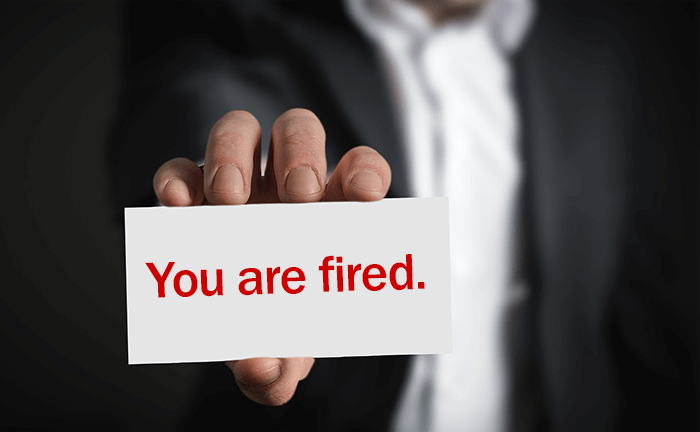An executive I was asked to coach told me how she was at wits end trying without success to get a manager on her staff in a significant role to work with an important segment of customers. She did her best to explain to the manager why working with this segment is important to the business and to coach the manager in how to go about working with such customers. The executive made herself available for advice should the manager get stuck and need help, and asked the manager about concerns that she might help address. The executive was doing all the right things time and time again—all to no avail. Her manager simply would not improve.
“So what’s the problem?” I asked.
“The manager simply refuses to work with that segment of customers because, she claims, it is not her job, even though it is in her job description!”
“OK. So fire her.”
It had never occurred to the executive that she could fire the employee, much less that she should.
The executive had been far more concerned with fairness to a chronically non-performing and now insubordinate employee, when perhaps there is something else the executive might say or do that might work.
I however have to ask myself though. What about fairness to all others effected?
1. Is it fair that the executive is using one-on-one time to coach a manager who does not want either to learn nor be helped, while neglecting other excellent managers who do?
Coach a mediocre employee and if you are lucky you will get a five percent improvement. Coach an excellent employee and you can easily double business results if not more.
2. Is it fair to the business to neglect the best while indulging the mediocre?
3. Is it fair to block the promotion of well-performing staff because a chronically non-performing manager is in the way?
4. Is it fair to others in the company who have to somehow work with a colleague uninterested in the business’s success?
5. Is fair to the owners of the business who have to accept lackluster financial results or worse—financial losses—after investing their own money?
6. Is it fair to staff to have to suffer working under an incompetent boss?
The most talented people I know suffer no fools, particularly when that fool is their boss. They do not hesitate to leave a company to work elsewhere. The excellent are confident in their ability to always find other work. Only the mediocre will stick with your company forever, because they always fear never being able to find another job.
7. So is it fair to the executive to have to watch the best and brightest flee her division, and have to somehow achieve success with those who remain?
8. Is it fair to an employee to be allowed to remain in a job to which he or she is not suited?
You would be surprised how often people tell me getting fired was the best thing that could have happened to them, even though it was painful at the time. It was only by being fired they found truly rewarding work.
9. And what about fairness to customers?
All of my clients produce products and deliver services that help other businesses succeed and consumers improve their lives. My client companies make pharmaceuticals that save lives, make skin care products that help people suffering from atopy, make chocolate and cacao ingredients in a sustainable way that protects the planet and treats farmers with equity while bringing joy to people, make automobiles that dramatically improve the lifestyles of people who insist on only the best, provide the best logistics service in the world so companies can always get the right product to the right place at the right time, enable apparel companies to produce product on-demand fast and locally when supply from overseas is unstable during a pandemic…
The value my client companies offer and deliver to the world is as varied as it is endless. The same is likely true of your business too.
So I have to ask you.
Is it fair to your customers when the value you have to offer them is diminished, veiled from view, or otherwise rendered less than accessible no matter the cause?
You tell me. What do you think is truly fair?


